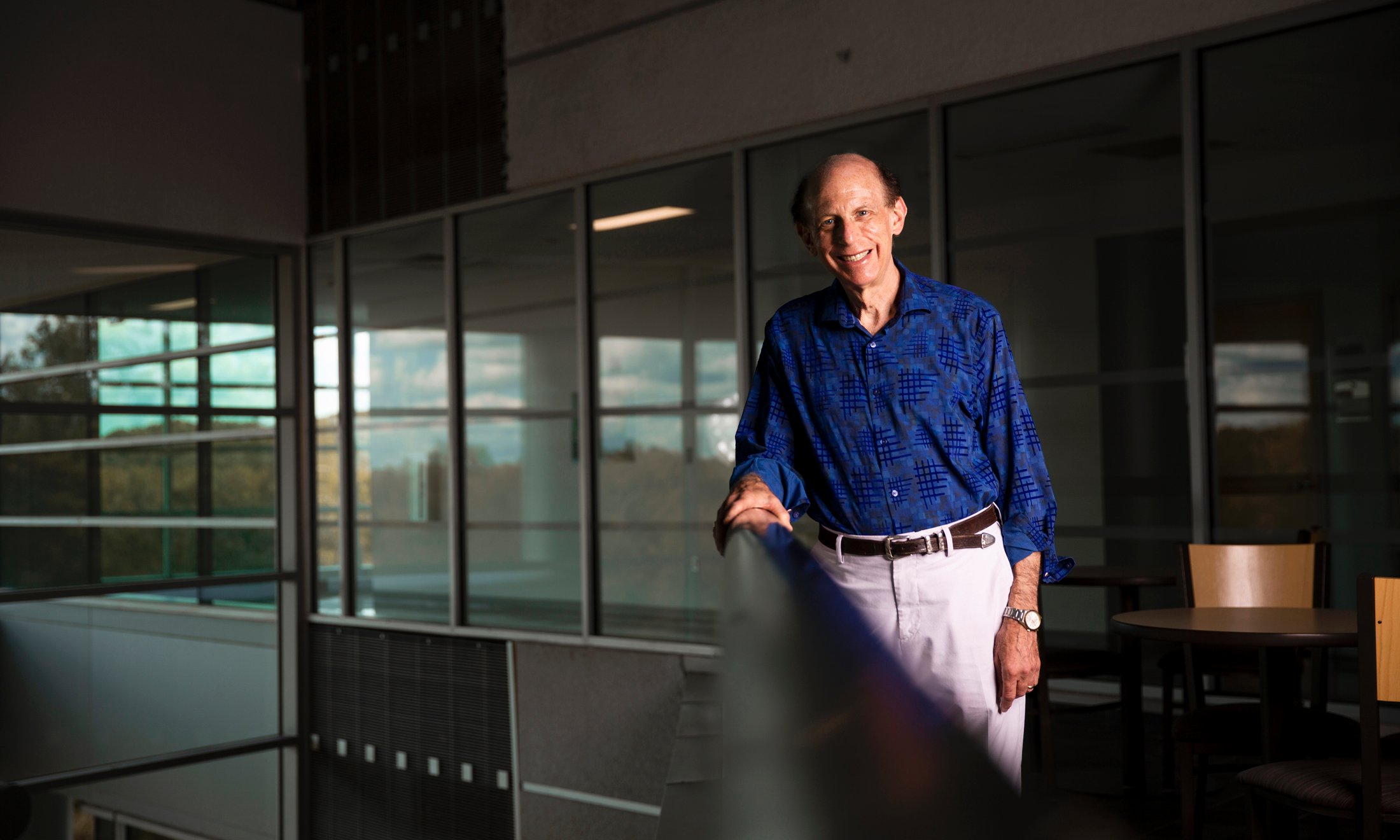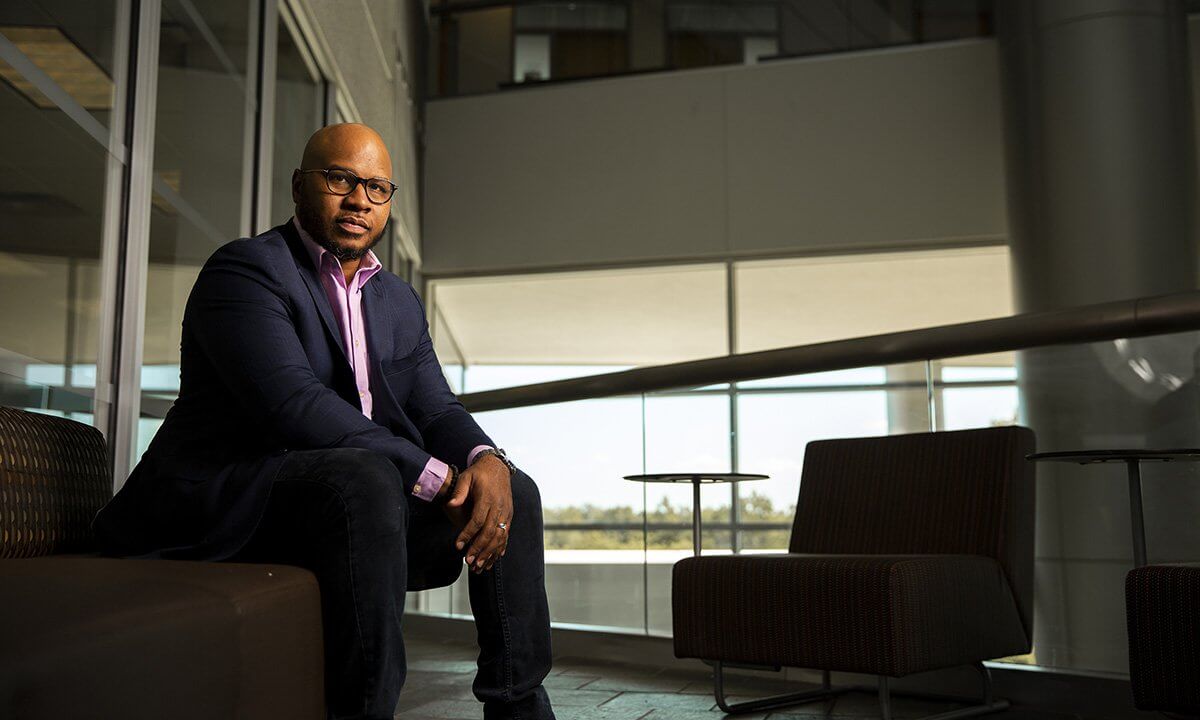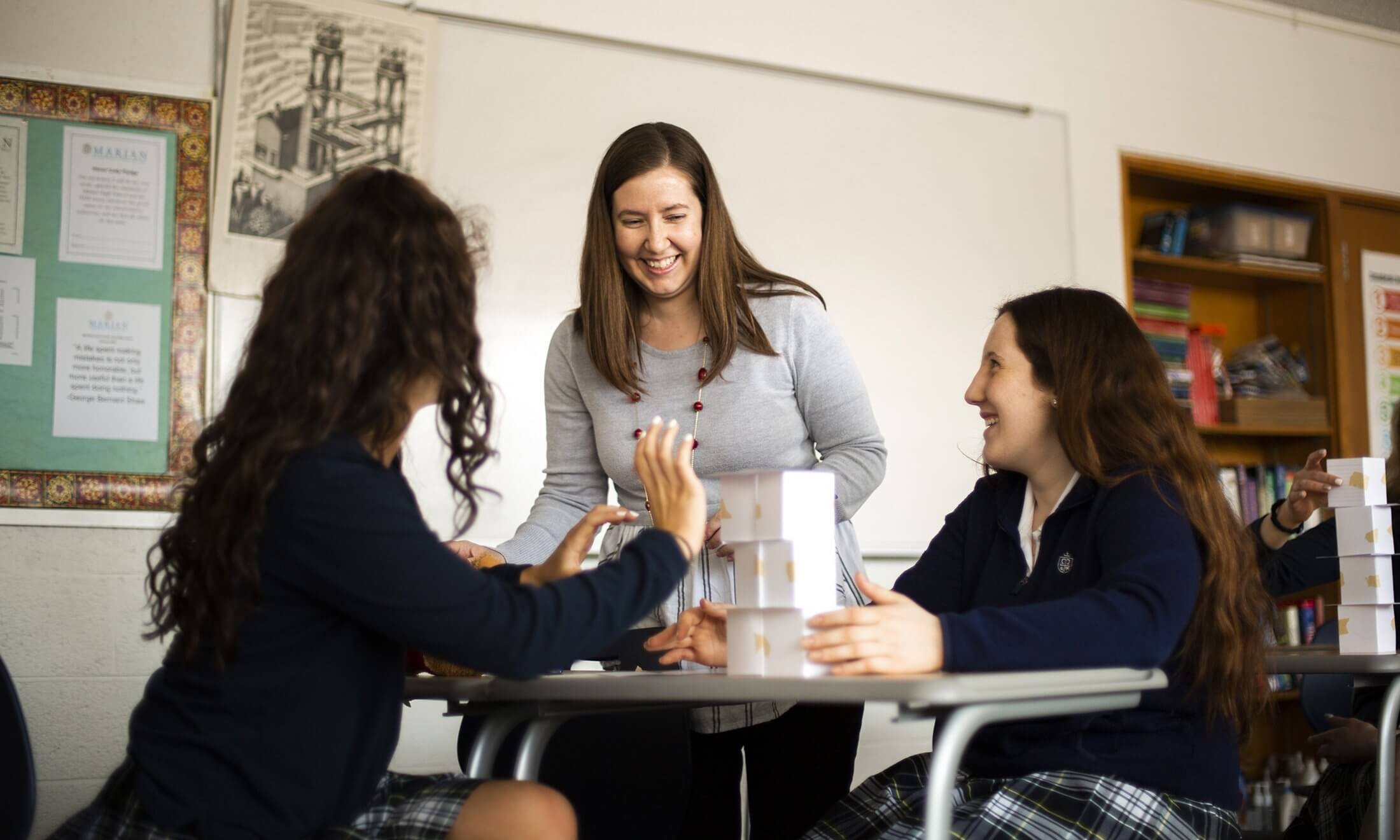Called to Serve
Retired Counseling Professor Emeritus Dr. Robert Fink volunteers over 100 hours of no-cost counseling to first responders and healthcare professionals in the midst of COVID-19.
Like most, Dr. Robert Fink envisioned his first year of retirement to include a bit of continued clinical work, writing and reading, enjoying time with family and friends, and exploring what life could be like when not working 65 hours a week. Instead, he found himself with a mission and continued to serve his community through no-cost virtual counseling services in the midst of a global pandemic.
Fink, now professor emeritus, began his career at Oakland University in 1974, where he worked until his retirement in the summer of 2019. During his 45 years at OU, he filled several roles, such as assistant professor in the Psychology Department, director of the Graham Counseling and Psychological Clinic, and most recently, associate professor in the Counseling Department.
Fink’s teaching focus was primarily clinically oriented courses, while his scholarly work concerned trauma and its treatment, and in his final years, the writing of clinical stories and poems. He conducted workshops in trauma treatment in 10 European countries and was heavily involved in working with doctoral students as they prepared their dissertations. He served as chair of 16 successfully completed dissertations.
“Regardless of my position, the consistent theme of my OU career was my commitment to guide the growth of graduate students into high quality mental health clinicians, clinical teachers and leaders in the field,” he said.
After retirement, Fink’s commitment to the field did not fade. In late March, he began providing volunteer hours of virtual trauma debriefing and crisis counseling to first responders within the COVID zone.
“As I listened to news reports and read about the experience of first responders, it quickly became apparent to me that multiple dimensions of their experience made them very vulnerable to being traumatized,” he said.
Fink felt a strong moral call to help. Many first responders would likely suffer from post-traumatic stress disorder (PTSD) and given his expertise in trauma treatment, he knew he had something meaningful to contribute that would not only provide this population with needed psychological support, but would also, indirectly, help their sick and frightened hospitalized patients.
“Staying on the sidelines would have been an act of moral abandonment,” he said.
To connect himself with doctors and nurses, Fink joined a national network of mental health providers who volunteer to do trauma debriefing. He also reached out to hospital-based friends, acquaintances and colleagues of colleagues to help other first responders who aren’t as socially visible (orderlies, nurse aides and EMTs), have fewer resources (financial, insurance and social support) and yet were incredibly vulnerable.
All of the services were provided virtually. Being new to the world of virtual counseling, Fink experienced a substantial learning curve.
“Prior to the pandemic, my only exposure to remote counseling had been occasional phone sessions with established patients,” he said. “Face-to-face sessions had been the norm.”
With the cumulative experience of over four months doing virtual counseling, Fink soon became more knowledgeable and impactful in his use of the medium.
“Although I still think that a face-to-face session is apt to be a richer and deeper conversation, I’ve come to appreciate how productive and accessible virtual platforms can be,” he said.
Without the convenience of the virtual platform, much of this trauma-specific counseling would not have taken place. Many of the individuals Fink worked with met with him during work breaks, or sitting in their car at the end of a long and arduous workday.
Throughout the pandemic there has been no slowdown in the requests for trauma debriefing counseling.
“As the incredibly stressful and threatening demands on first responders have abated somewhat, they have more opportunity to reflect upon and feel all of the death and danger they have been exposed to over the last five months,” Fink said.
For many first-responders, this reflection results in a surge of traumatic memories that were easily ignored earlier when they were so busy.
“There is a reason why clinical trauma is known as post-traumatic stress disorder.”
Many of the first responders Fink worked with were able to process and release much of their traumatic stress, making his experience both impactful and gratifying. One very defining value in Fink’s life, he explained, has been a teaching by Rabbi Hillel: “If I am not for myself, who will be for me? If I am only for myself, what am I? If not now, when?”
With so many unforeseen circumstances, Fink’s first year of retirement didn’t pan out the way he had expected.
“I did not expect to have a mission,” he said. “But the pandemic became a defining ‘moment’ at a global, societal and personal level. So a mission called me. If not now, when?”

 March 05, 2021
March 05, 2021
 By James Silvestri
By James Silvestri



